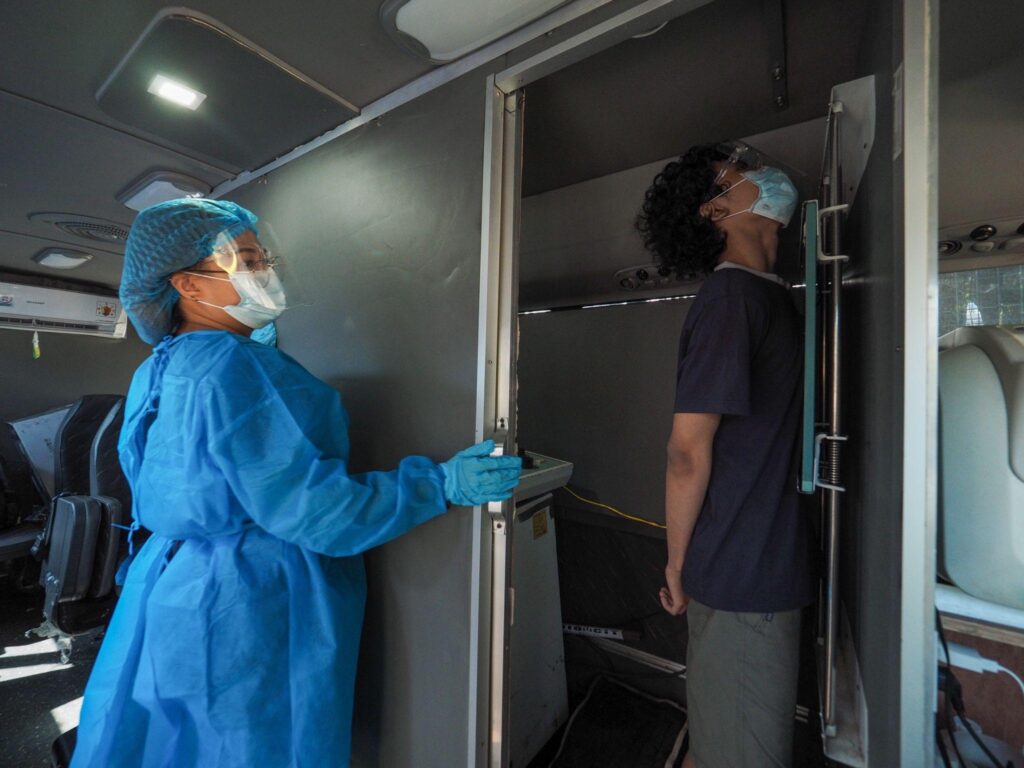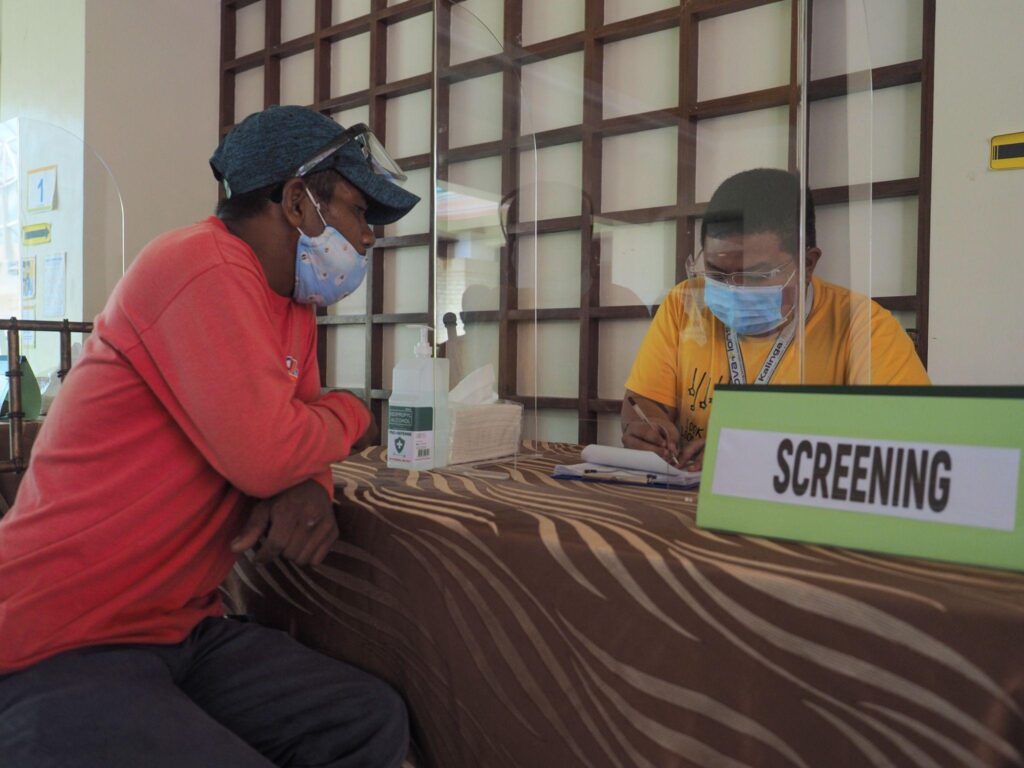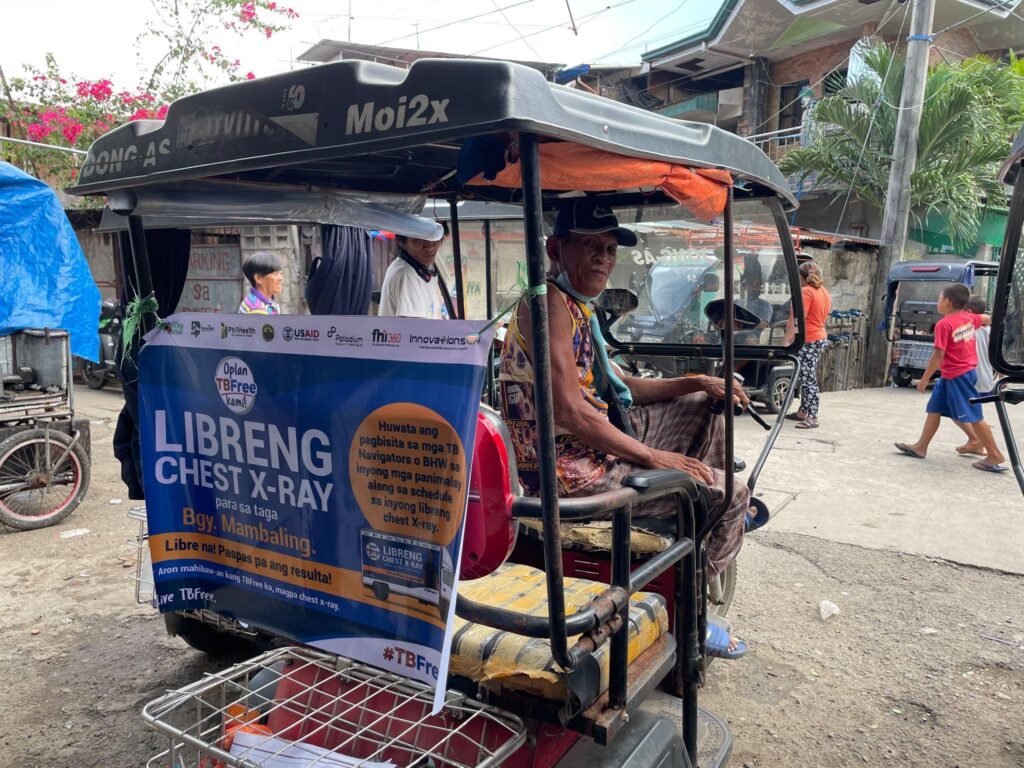A survivor’s guide to dealing with TB discrimination
October 21, 2021
Social discrimination has been ongoing for decades and history shows that people with disabilities are more likely to be discriminated. While there are those who advocate for positive change in society, there are still many who aren’t mindful of the damage it causes to an individual.
This is why we’ve decided to shed light on social discrimination, particularly towards people who are battling a deadly disease that continues to be surrounded by misconceptions and social stigma to this day.
Tuberculosis, or TB, has gotten its fair share of stigma surrounding those who are infected with it. This has been one of the many battles that TB patients and survivors have been fighting against for over a century, and despite it being a curable disease, it continues to be a taboo topic nowadays.
With the help of TB survivor advocates from TBPeople Philippines, we’ve come up with a survival guide that will hopefully give confidence and empower persons with TB (PWTB) to overcome the social discrimination that they experience.
TIP#1. Don’t be afraid to call them out.
Our first tip comes from a survivor advocate who has continuously devoted her time and effort to advocacies for people with TB and disabilities both on a local and international level. She was diagnosed with Extra Pulmonary Tuberculosis (EPTB) at the age of 24 and had lost her vision in the process of treatment.
Survivor Advocate: I can recall one experience where I was given an internal exam while I was pregnant. During my experience, my doctor told me why I would even consider getting pregnant given that I’m blind and I had a previous case of EPTB. I took great offense in this and assured him that I would be speaking to whoever is in charge to report the type of behavior I was given. He then apologized which I dismissed and said, “Sorry I’m an activist and international change maker, you do not get to downplay the advocacy I stand for.” He couldn’t even say anything afterward.
TIP#2. Know what you are worth.
This survivor advocate has had his fair share of relationship problems but none more petty than the one he had experienced during his recovery with TB. He was diagnosed with Multi-drug Resistant Tuberculosis (MDR-TB) and his girlfriend left him when she found out. Here’s what he had to say about it.
Survivor advocate: So your boyfriend or girlfriend decides that they have a hard time accepting your condition and decides to reason out why they are leaving, but in the end, it only seems like they left because things got tough. What are you going to do about it? The short answer would be, determine your value to them. If they aren’t committed, then don’t waste your energy on unwanted worries. It’s better to continue your medication so when the time comes and you have fully healed, you can show them how much better you are without them. In fact, some survivor advocates have even followed a healthy diet during this period. It’s better to use this time to heal, rejuvenate, and practice ways that you can live a healthier lifestyle for yourself. You can finally even get that beach body you have been wanting! They will see what they are missing when the time comes, just don’t forget to be the better person.
TIP#3. Talk to the people who do understand.
For our third tip, one of the survivor advocates explained how he had not experienced any discrimination but rather, self-doubt and consciousness about the disease. He also shared that joining support groups made him more confident about opening up more to others.
Survivor advocate: Not every household will be familiar with TB but don’t think that they aren’t going to try to help you. It is important to get educated as much as you can on how you and your family can adjust and can make your environment more comfortable, which includes less discrimination from them, too. Most survivor advocates find even more comfort when joining support groups where they can learn, share, and be around people that know exactly what they are going through. They also develop meaningful connections and friendships with their TB nurses and doctors, especially with the interactions during treatments.
TIP#4. Apply your learnings against COVID-19.
We asked our next survivor advocate how she was able to overcome both TB and COVID-19, and how her learnings from TB became more valuable during the time she was infected with COVID.
Survivor advocate: When I had TB back then, I was embarrassed to let other people know since I feared that they would discriminate against me due to the stigma of my condition. When I finished my treatment for TB, I wasn’t scared anymore and gained back my confidence. My learnings from TB eventually carried over when I tested positive for COVID-19 a few months ago. I followed the same rules that included social distancing, wearing a mask, and isolating myself. It was funny looking back at it because I was so conscious of what was going on when I was coughing blood due to TB, but I became more aware that it can be cured and that it is something that can be properly managed. I realized how important it was for me to be open-minded about these diseases and be cautious with other people and my surroundings.

TIP#5. Get facts straight.
Despite the possibilities of contracting both diseases at the same time, getting TB isn’t an early sign of HIV. This is what our next male survivor advocate who worked in a BPO industry had to say about a similar experience.
Survivor advocate: When I was first diagnosed with MDR-TB, my family was the first to discriminate against me. My older brother even went as far as saying that my condition might be an early sign of HIV. Seriously? I felt insecure and depressed when my family thought that of me when I was clearly diagnosed with MDR-TB. I was pissed off a bit with my family especially since I wasn’t living with them since they were located in Manila and I was in Laguna at the time. I just realized that it’s easier for people to assume if they don’t really understand your condition. That’s why It’s better to consult with a health professional who actually knows your diagnosis and knows the necessary precautions to take.
TIP#6. Don’t let emotions get the best of you.
It’s easy to get frustrated when people can be rude towards your condition. Our next survivor advocate shared how he was able to keep his composure despite a few insulting words from his former boss.
Survivor advocate: After I had finished my treatment for TB, I decided to dedicate my time and effort to the TBPeople Philippines organization so that I can use my past experiences to help and empower those who are currently battling the disease. During my stay with TBPeople, there was a time where my previous employer contacted me and asked what I have been up to. I told her that I am currently part of an organization where we help people infected with TB, given that I was a TB Survivor myself. She then jokingly said that I might have infected all my previous co-workers in the company before. Instead of taking it personally, I made it very clear that I was proud to be in an organization where everyone helps each other out. My current boss even told me to look at it on the brighter side, she said, “If your former employer or co-workers get TB then TBPeople would be there for them.”
TIP#7. Have a “There is treatment and I can do it” Mindset.
This survivor advocate explained how she did not like the idea of being treated differently. She also shared her realizations and that the best way to deal with the disease is to finish proper treatment since TB can indeed be cured.
Survivor advocate: I cried because I wasn’t aware of TB before and only knew about it when I was diagnosed. When they told me that I should quit my job so I can take care of myself, I gave my resignation letter. It hurt because I was down and I needed the people around me to be encouraging. They even took my children away from me, even my son who needed me to breastfeed him. I ate alone every day and they would just bring me food and leave it outside. At that point I really asked myself, am I a dog? They brought me food and just left me alone so I felt like I was a dog. But during that time, I just really wanted to get better because I missed my children. I continued taking my medication and thankfully after six months, my doctor told me that I was cleared and that I wasn’t contagious anymore. I was slowly coming out of my shell and didn’t feel ashamed because I felt like I was rewarded for taking the right action.

TIP#8. Discrimination exists, but you have the power to change the narrative.
To end our list, our final survivor advocate shared his thoughts about the realities of discrimination in this day and age, especially when they are experiencing poverty, have a coinciding disability, is a member of the LGBTQ+ community, or even their religious affiliation.
Survivor advocate: Let’s face it, discrimination although disturbing, has become a recurring societal issue that can even be seen depending on gender, race, religion, disabilities, among many others, moreso if a person has an illness or a disease, making realities much harsher for them. At the end of the day, people will always find a way to bring you down and make you feel insecure about yourself. It is just a matter of perspective on how you deal with it and how you can coexist with it. After all, there are always those who will stand by you and will come to your aid when you need it most.

These admirable TB survivor advocates show us that despite the hardships and discrimination they face, they still manage to live through their individual experiences and come out with their heads held high. Hopefully, through their recounted stories in this survival guide, you too can find the strength to rise above any discrimination you may face.
To learn more about TB by visiting the https://tbfree.ph/ website. You can also check if you have TB through the free online self-assessment tool: https://assessment.tbfree.ph.



